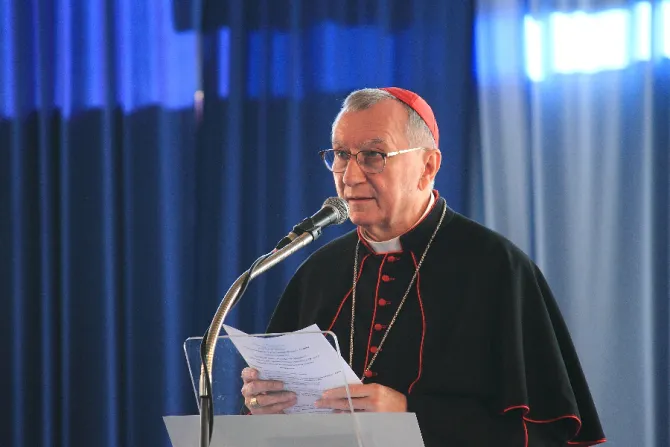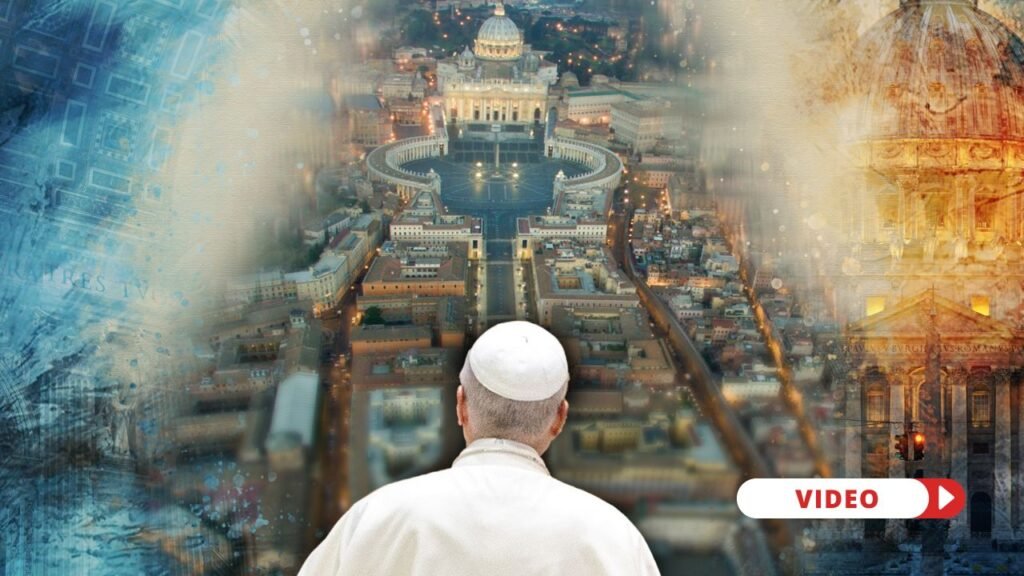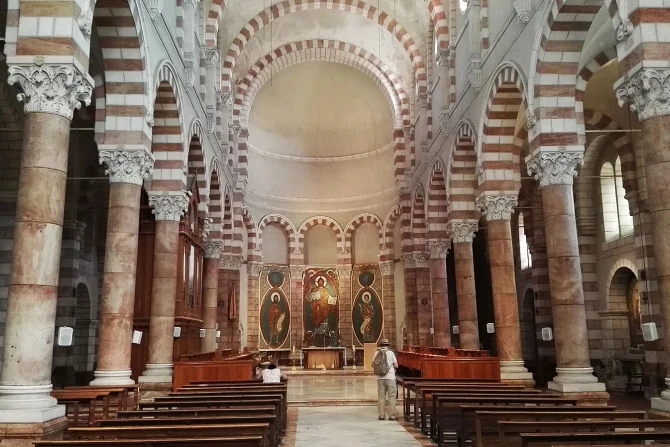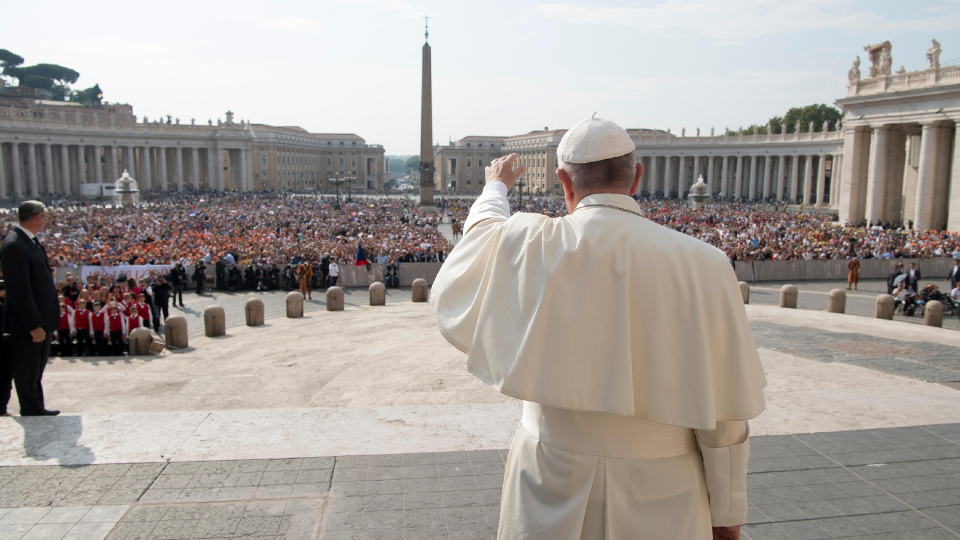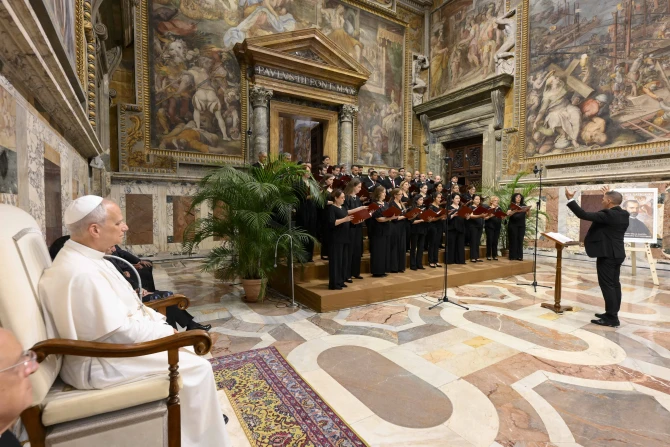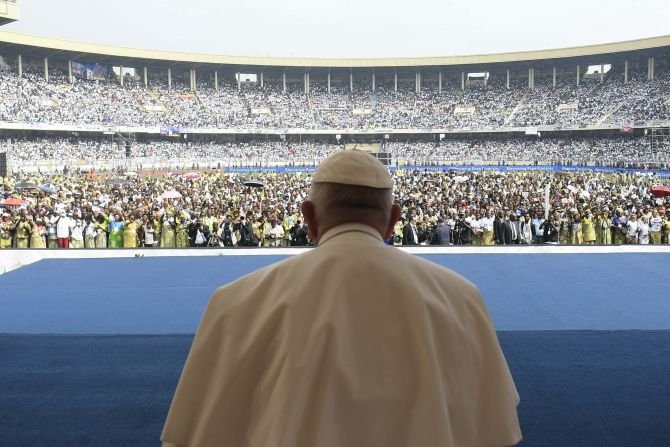In an address to the United Nations’ “Summit of the Future” in New York, Cardinal Pietro Parolin, the Holy See’s secretary of state, emphasized the need for promoting the dignity of the human person and voiced the Vatican’s disapproval of the assembly’s promotion of abortion and gender ideology.
Parolin addressed U.N. members gathered for the summit on Monday. Though praising summit attendees for engaging in dialogue, Parolin commented that there is a “need to rethink actions in a number of areas.”
The cardinal voiced the Vatican’s concerns with a document titled “Pact for the Future,” which was passed by summit attendees on Sunday. He said that “in conformity with its nature and particular mission, [the Holy See] wishes to express its reservations” regarding the assembly’s promotion of abortion and gender ideology.
The Holy See retains the status of a nonvoting “permanent observer” in the United Nations.
What did Parolin say?
Parolin emphasized the need to promote the dignity of the human person across the world. He praised the summit as a “reason for hope” amid a time of crisis in which there is an ongoing “erosion of trust between nations, as evidenced by the growing prevalence and intensity of conflict.”
“Today, the sense of belonging to a single human family is fading, and the dream of working together for justice and peace seems outdated and utopian. This need not be the case, if there is a will to engage in genuine dialogue,” Parolin said. “If dignity is the foundation and integral human development is the goal of our future, dialogue is the necessary means.”
Though the “Pact for the Future” passed by the summit does not mention abortion explicitly, it states the summit’s goal to “ensure universal access to sexual and reproductive health and reproductive rights.” “Reproductive health” and “reproductive rights” are terms used to refer to an array of primarily women’s health services, often including abortion.
“Regarding the terms ‘sexual and reproductive health’ and ‘reproductive rights,’ the Holy See considers these terms as applying to a holistic concept of health, which embrace, each in their own way, the person in the entirety of his or her personality, mind, and body, and which foster the achievement of personal maturity in sexuality and in the mutual love and decision-making that characterize the conjugal relationship between a man and a woman in accordance with moral norms,” Parolin said.
“The Holy See does not consider abortion or access to abortion or abortifacients as a dimension of these terms,” he clarified.
“With reference to ‘gender,’” Parolin continued, “the Holy See understands the term to be grounded in the biological sexual identity that is male or female.”
What other issues did Parolin emphasize?
Parolin went on to emphasize the Vatican’s belief that the “eradication of poverty” through global development must be the “overarching goal of all future action.”
He also stressed the need for the pursuit of peace through global disarmament and the “total elimination of nuclear weapons,” saying that “narrow geopolitical considerations must be put aside and strong economic lobbies must be resisted in order to uphold human dignity and ensure a future in which all human beings can enjoy integral development, both as individuals and as a community.”
Finally, Parolin also said there is an “urgent need” for governments to regulate the development of artificial intelligence to promote “AI ethics that encompasses the life cycle of AI and addresses, inter alia, data protection, accountability, bias, and the impact of AI on employment.”
“Above all,” Parolin said, “thinking of the future should take into account the needs and interests of future generations. It is imperative that a dignified future is guaranteed for all, ensuring the provision of the requisite conditions — including a nurturing family environment — to facilitate flourishing while simultaneously addressing the myriad challenges that impede this, including those resulting from poverty, conflict, exploitation, and addiction.”
This article was originally published on Catholic News Agency.

